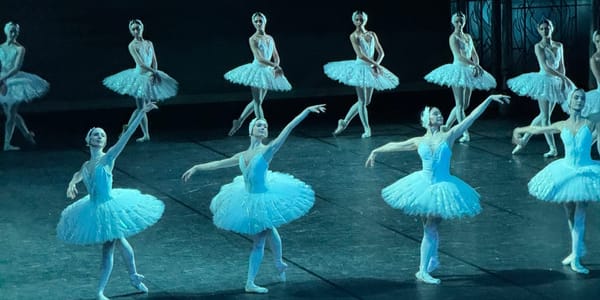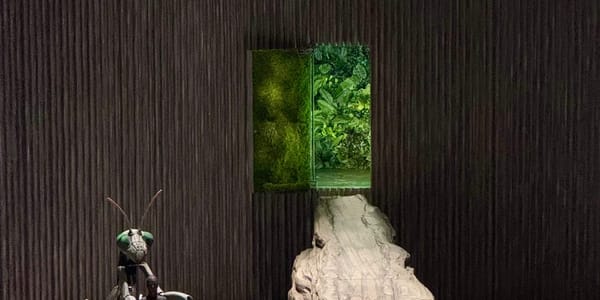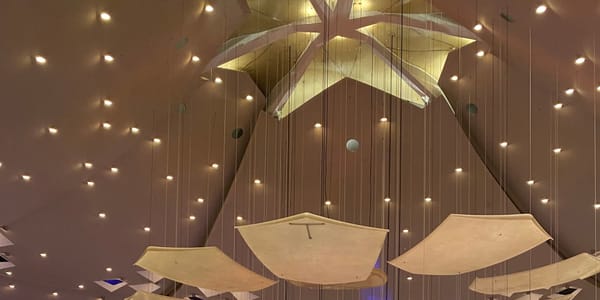Merope (concertante) at Staatsoper Berlin
This concertante performance offered a glimpse into how operas were staged in the mid-18th century, a stark contrast to the productions we are accustomed to today.
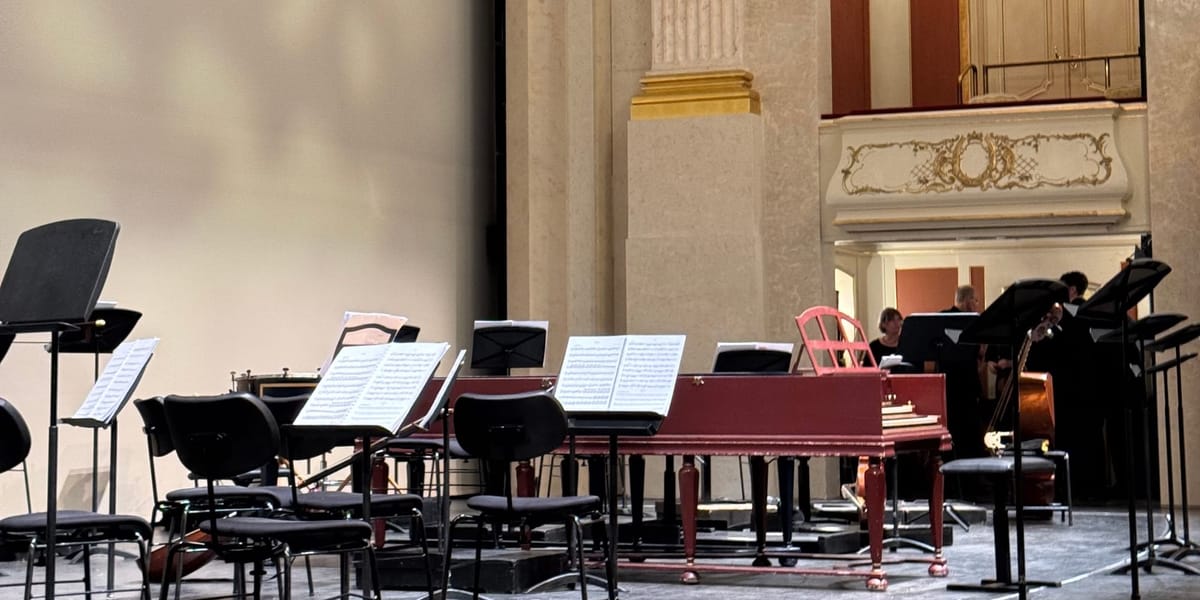
⭐️⭐️⭐️/4
🎭 Merope
🎶 Domènech Terradellas
🏛️ Staatsoper Berlin
🗓️ 25.02.2025
“ES GIBT NICHTS SCHÖNERES, ALS WENN EIN UNWÜRDIGER KRONE UND LEBEN VERLIERT”
Looking at the geopolitical status quo—and with the recent German election results in mind—this line from Terradellas’ MEROPE really stuck with me. Granted, applying 18th-century notions of crime and punishment to modern politics might be a stretch, but the sentiment holds: far too many dominant figures (men) in power—or on their way there—seem profoundly unfit for leadership, whether by virtue of their behavior, abilities, or sheer incompetence.
But back to MEROPE. This concertante performance offered a glimpse into how operas were staged in the mid-18th century, a stark contrast to the productions we are accustomed to today. Opera seria adheres to a rigid structure, alternating between recitatives and arias, with strict conventions governing when and how each character—be they monarch, soldier, or servant—was introduced and developed through music.
MEROPE also underscored the distinct functions of these musical forms within the genre. Recitatives serve as the engine of the plot, moving the narrative forward with exposition and dialogue, while arias provide moments of introspection, allowing characters to express their inner emotional worlds. The dramatic complexity of these operas is something we know from Mozart‘s comic operas, filled with mistaken identities, presumed-dead sons, aristocratic scheming, and last-minute revelations—except here, the libretto takes these twists and turns to an extreme.
The evening’s ensemble of soloists was phenomenal, their virtuosity met with appropriately rapturous applause after each aria. Historically, baroque opera arias were crafted with specific singers in mind, designed to showcase their unique strengths. At times, it felt as if Terradellas had composed MEROPE for this exact cast—their command of coloratura, emotional depth, and stylistic precision was that well-matched to the score.
Finally, one of the joys of a concertante performance is the unobstructed view of the orchestra, and this evening offered a rare chance to take in the nuances of baroque instrumentation: cellos without endpins, the imposing theorbo, subtly different bows, wooden woodwinds, distinctive brass, and not one but two cembalos.
MEROPE may not be a staple of the repertoire, but in this performance, it was a reminder of why baroque opera remains so compelling: intricate plots, dazzling vocal artistry, and music that—nearly three centuries later—still feels electrifyingly alive.
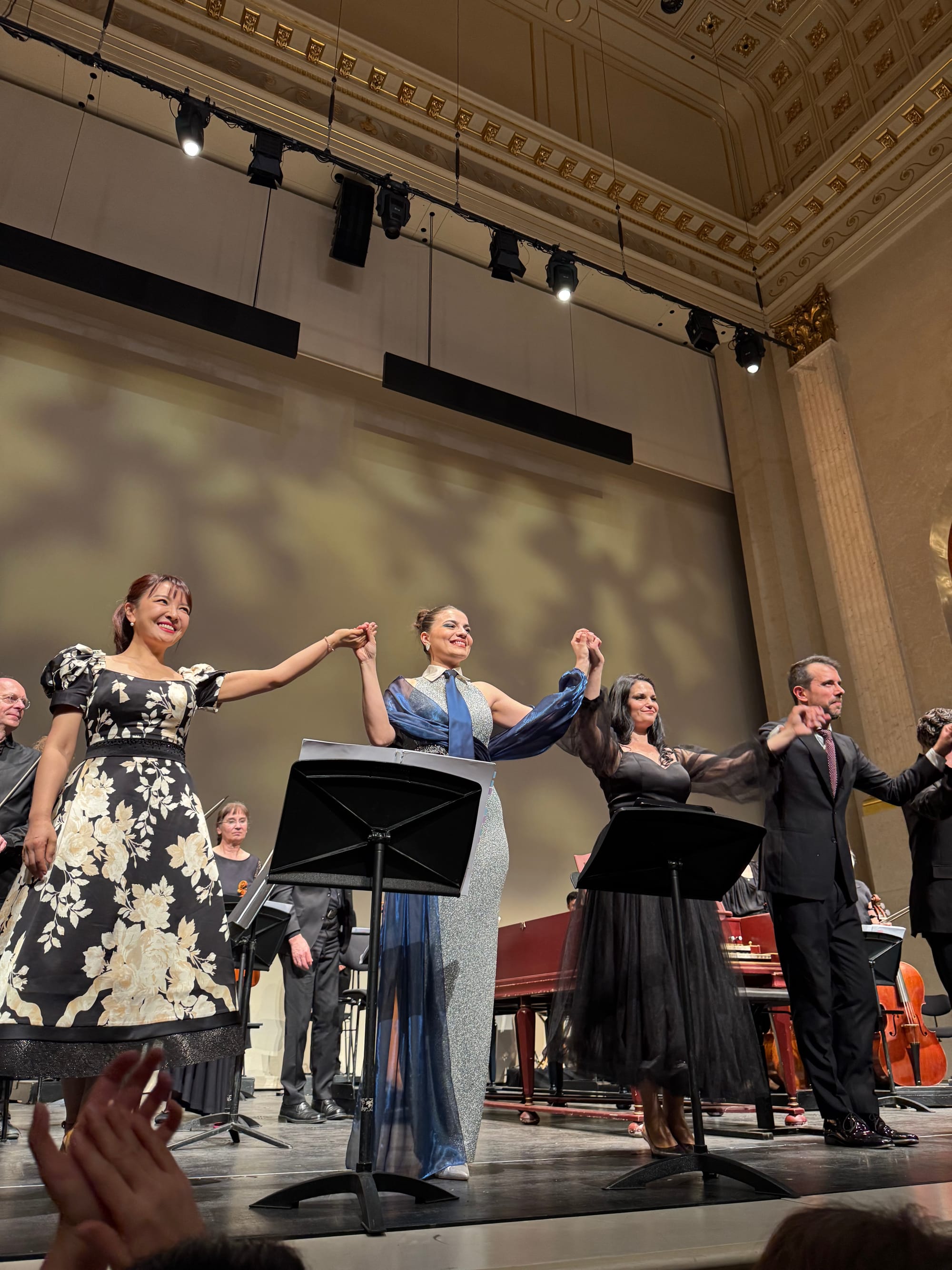
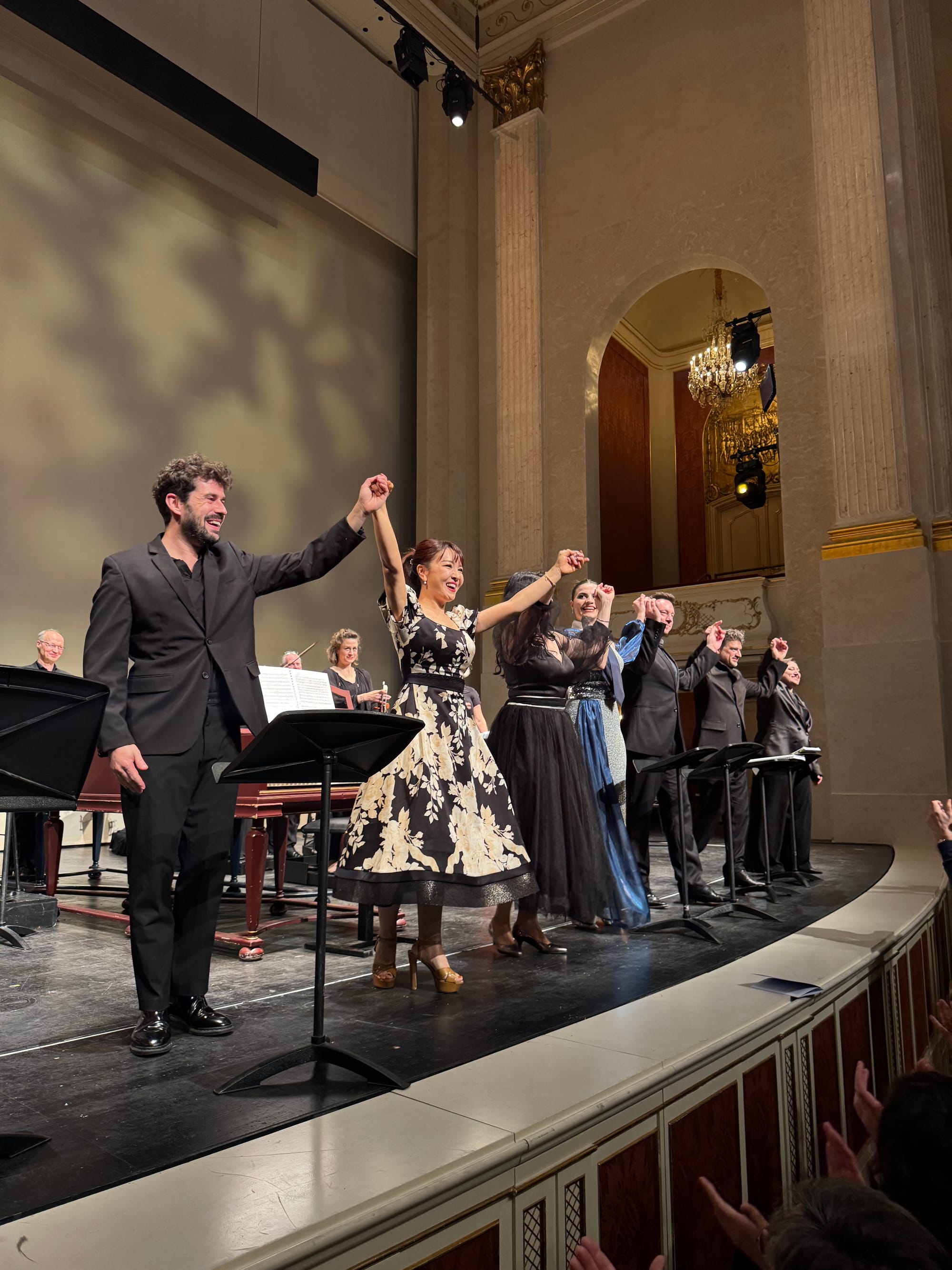
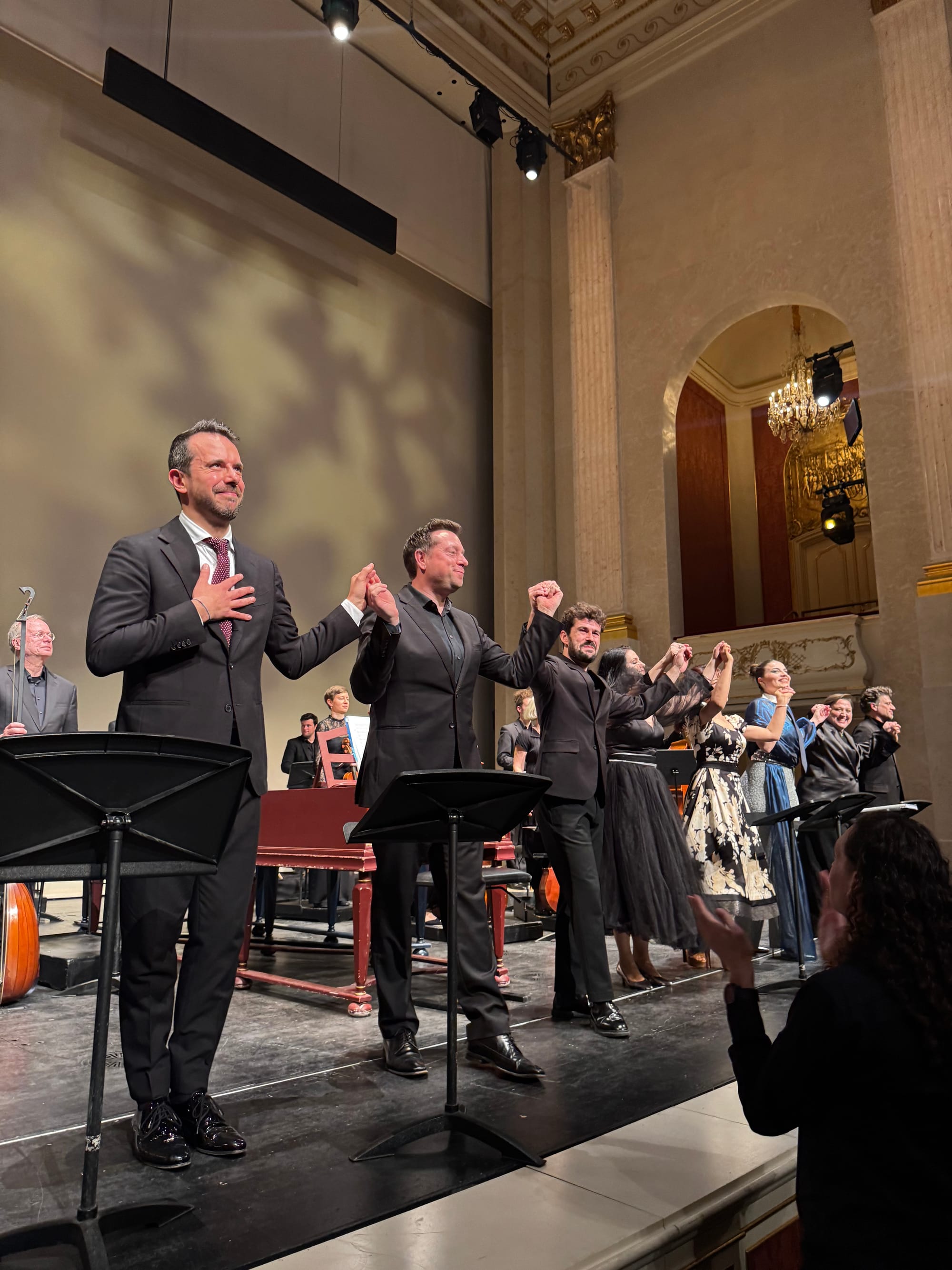
:blur(20):quality(10)/https%3A%2F%2Fwww.staatsoper-berlin.de%2Fdownloads-b%2Fen%2Fmedia%2F61997%2F8f2d30440379ceae4191e567a8d9b1c8%2FAkamus%20pic2%20%28c%29%20Uwe%20Arens.jpg)


